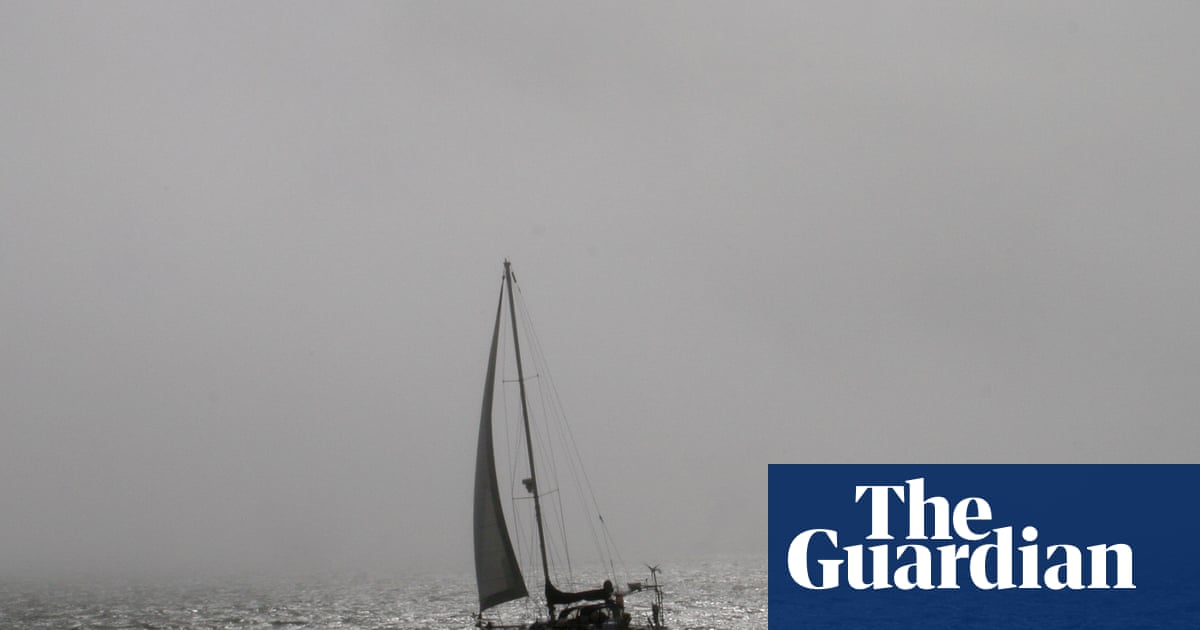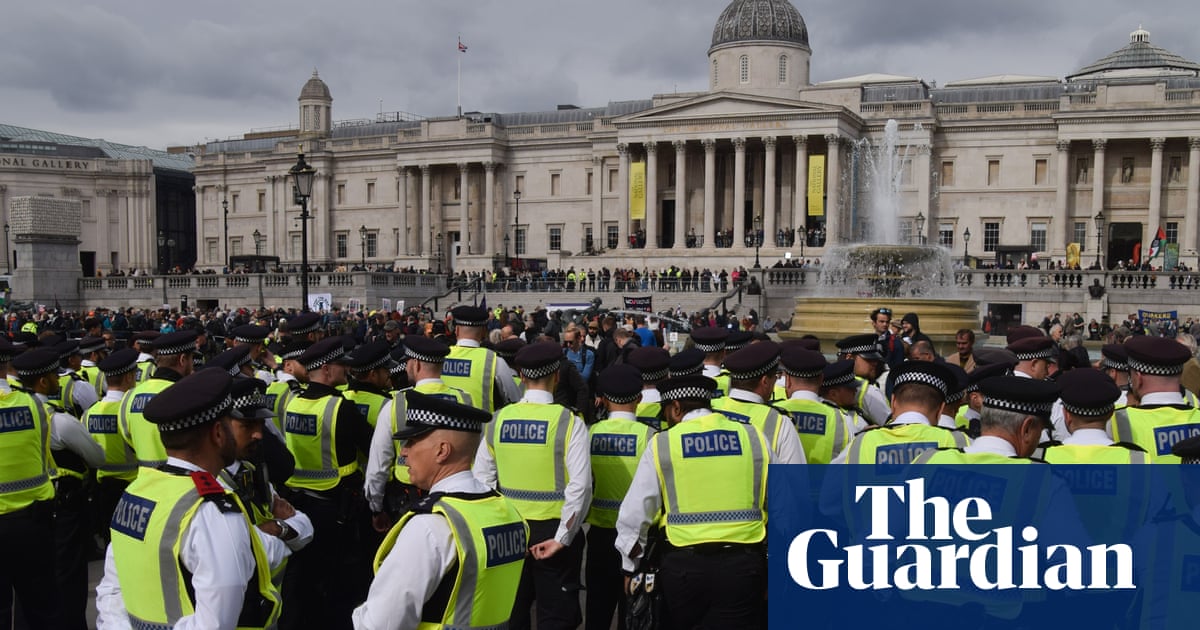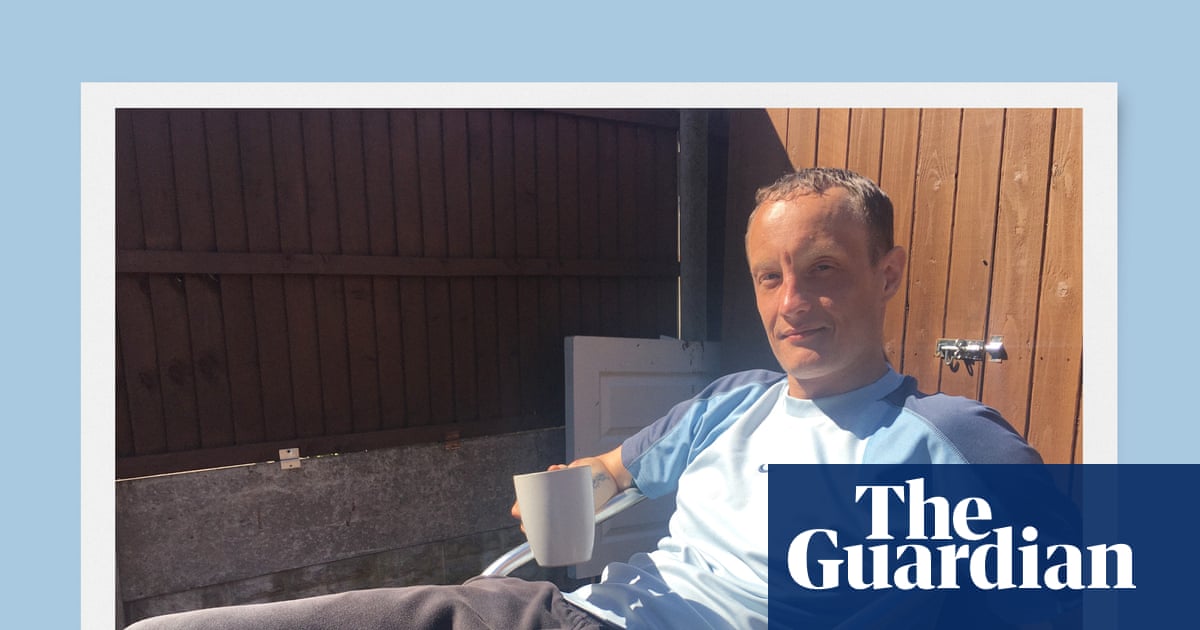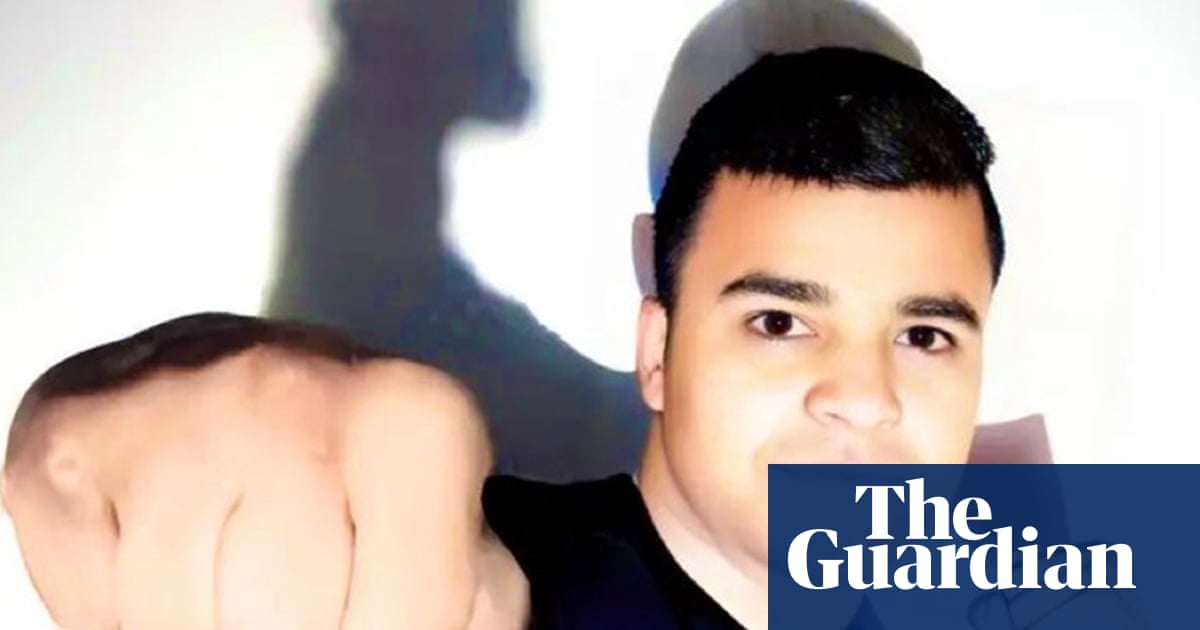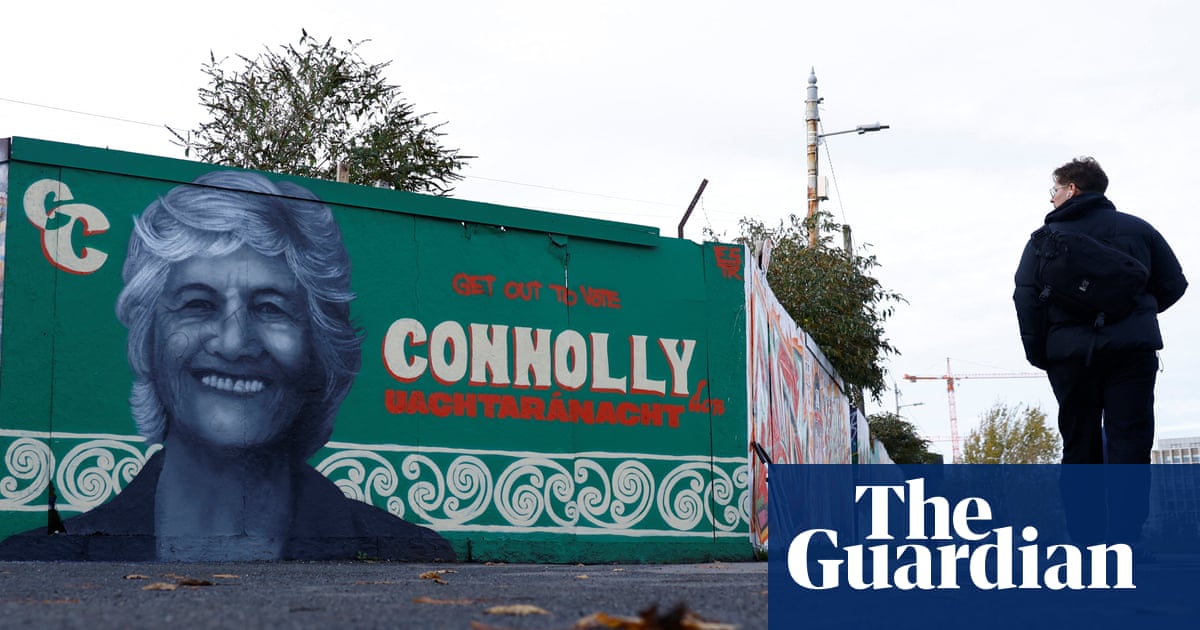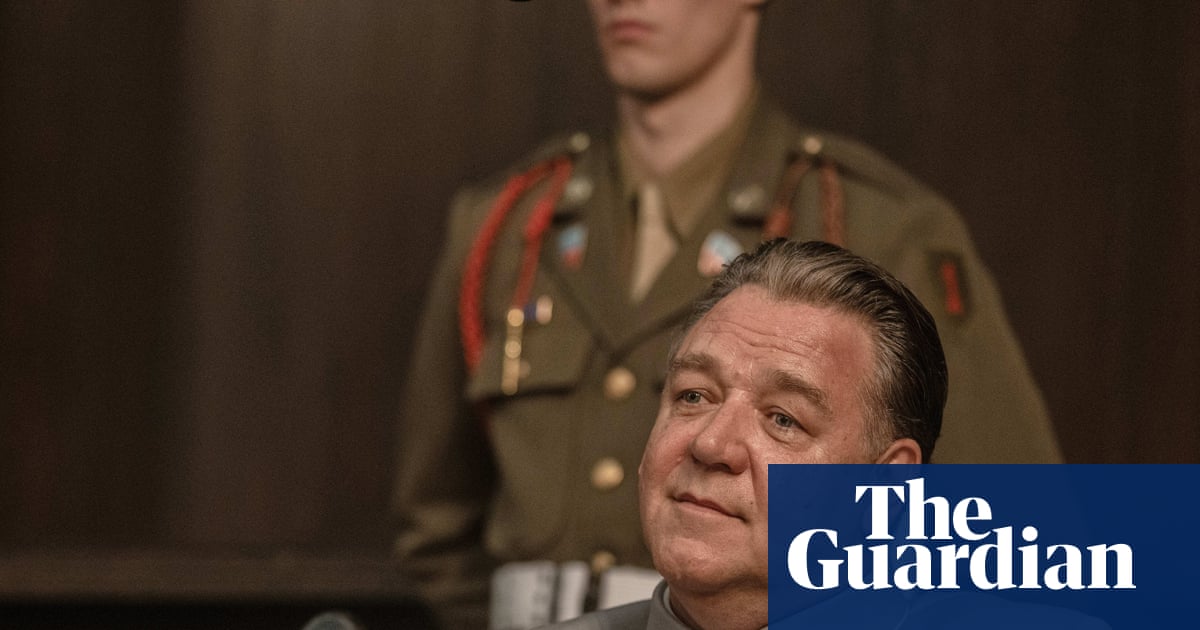Patrick Wolf walks on stage at the Minack theatre, straddles his stool backwards, and it immediately collapses. “That, ladies and gentlemen, is how you make an entrance,” he says, then jokes: “In many ways, that’s like a metaphor for my whole career.”
Wolf is at the Minack, a theatre carved into a cliff in Cornwall’s outer reaches, to celebrate 20 years of Wind in the Wires, his second album. He made it in the Cornish harbour town of Hayle, near St Ives, having left London to pursue a man he later likens to Bluebeard, and a relationship that created a lot of tears and panic attacks. It is a beautiful record: folk and piano-led reveries, troubled by staticky electronics, sharing a sense of gothic romance with both Tori Amos and Daphne Du Maurier.
It made Wolf a star of NME and MTV2, and led to a new record deal and a poppier turn for 2007’s The Magic Position, whose title track became an indie hit. Then Wolf’s career faltered. Made to feel “clownified” by a music press that was still thoroughly ignorant about queerness, he detached from his music. After what seemed as if it might be his last album in 2012, he struggled with addiction and bankruptcy, and also survived a hit and run. It took him until 2023 to return to music, and this year’s great Crying the Neck is his first full-length in 13 years. In retrospect, he is an unsung forebear to Perfume Genius; Zola Jesus’s presence on the latest album felt like a deserved affirmation of his goth bona fides.
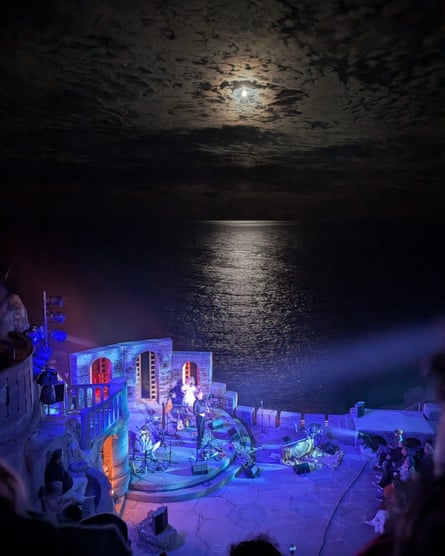
But Wind in the Wires has retained a cult allure, clear from the international audience pouring into a sold-out Minack tonight: I hear Scandinavian, eastern European, German and Spanish voices in my immediate vicinity alone. (To consider the improbability of this: the Minack is 30 minutes west of Penzance, the end of the train line, down a slalom of country lanes.) Growing up near Falmouth, I was immediately taken by Wolf, having never heard anyone sing about Cornwall before, or felt that where I was from was culturally significant beyond the 1999 solar eclipse and the 2004 Boscastle flood. Wolf romanticised a place that was starting to feel boring and limited to a rural teenager fixated on grottier goings on in London. Wind in the Wires was a whole world in a record, a beacon that drew in far-flung listeners and cast new light on the familiar.
Hearing Wolf say “Hello, Porthcurno!” is a trip that doesn’t get old. The idea to celebrate the album here came from the Patreon community that has sustained him in recent years, he tells us, and he executes the assignment perfectly. The first half of the set is B-sides, rarities and a few tracks from other albums, performed by his small ensemble: Wolf on various stringed instruments and keys, Charlie Stock on viola and Sophie Crawford on accordion. The sound is resonant but refined – a feat of acoustics at the most exposed venue in the country – and Wolf’s voice brims and vaults with precision.
The brilliant locally-based folk singer Angeline Morrison comes on to perform Marianne Faithfull’s parts on Magpie, their duet from The Magic Position, and her deep, wise voice perfectly embodies the role of wise counsel to a lost boy. Wolf tells us he’s obsessed with her voice; they’re true kin, both centring sorely underrepresented perspectives in folk songwriting. As for collaborators, the setting more than does its bit: dry ice flows from the gap between the stage and the sea, which looks convincingly like sea spray, and the ensemble’s flowing white clothes ripple in the breeze as seagulls glide overhead.
When the band return for part two – Wind in the Wires in full – Wolf is newly clad in black and the sun has fully set, with the moon glinting behind streaming clouds. The sound of the album – droning accordion, off-kilter synths, quite metal-sounding guitar – feels totally contemporary and of a piece with Lankum’s acclaimed innovations, and Wolf’s compositional accomplishment is unmistakable. He pares back the storminess of Tristan for a stripped-back piano version. By the time he sings Eulogy – “now the lightships are guiding you over the sea” – the clouds have passed and the moon is blazing a bright path down the sea to the stage. It’s ludicrously wonderful.
He ends Land’s End a capella, accompanied by the rushing of the sea as he sings about this “wild stretch of land”. That song is about fleeing London, a fickle music industry and “sweating in the spotlight” to pursue a romantic view of art in Cornwall, but is also a gentle admonishment of the idea that the “grass is always greener”. It takes on new poignancy 20 years after he first sang it, given all he’s been through to make it back here. The moment offers a much more fitting metaphor for Wolf’s career: a true one-off, spotlit by the moon.

 2 months ago
51
2 months ago
51
